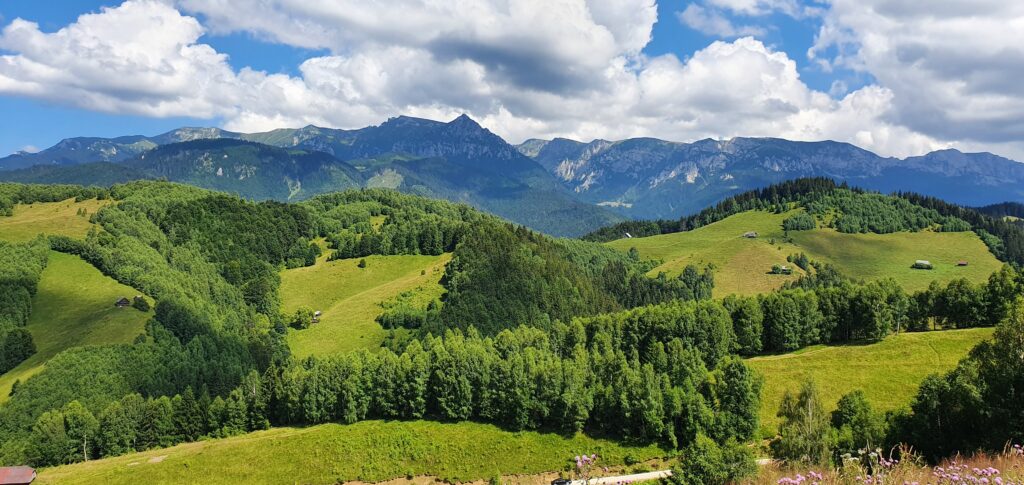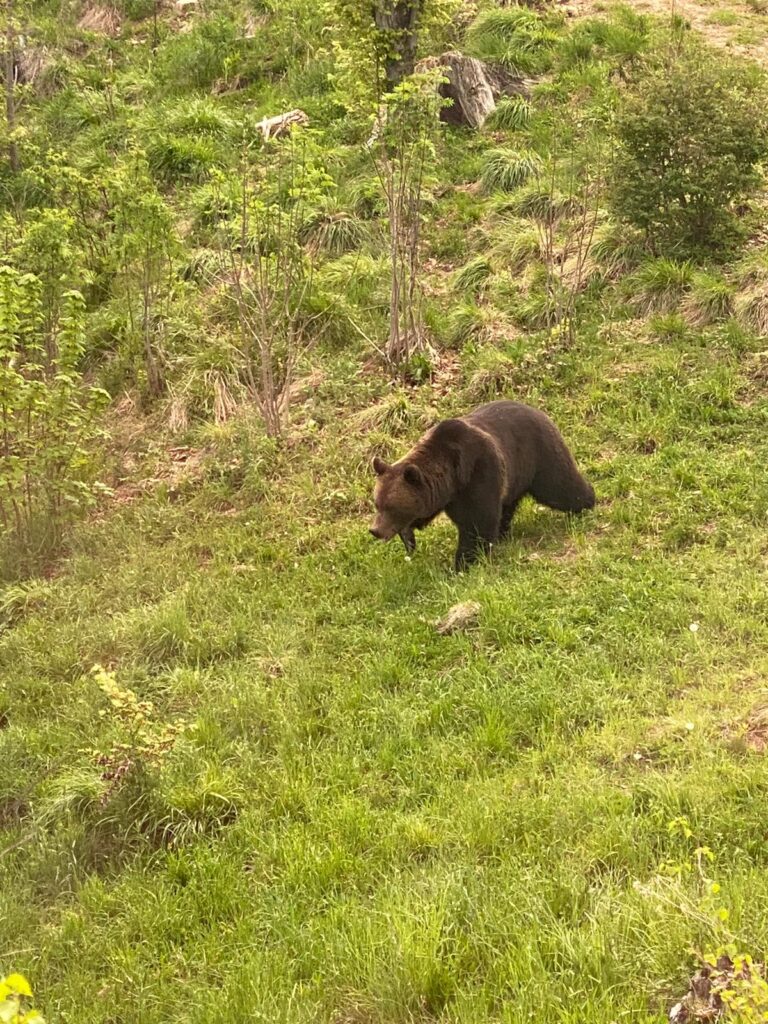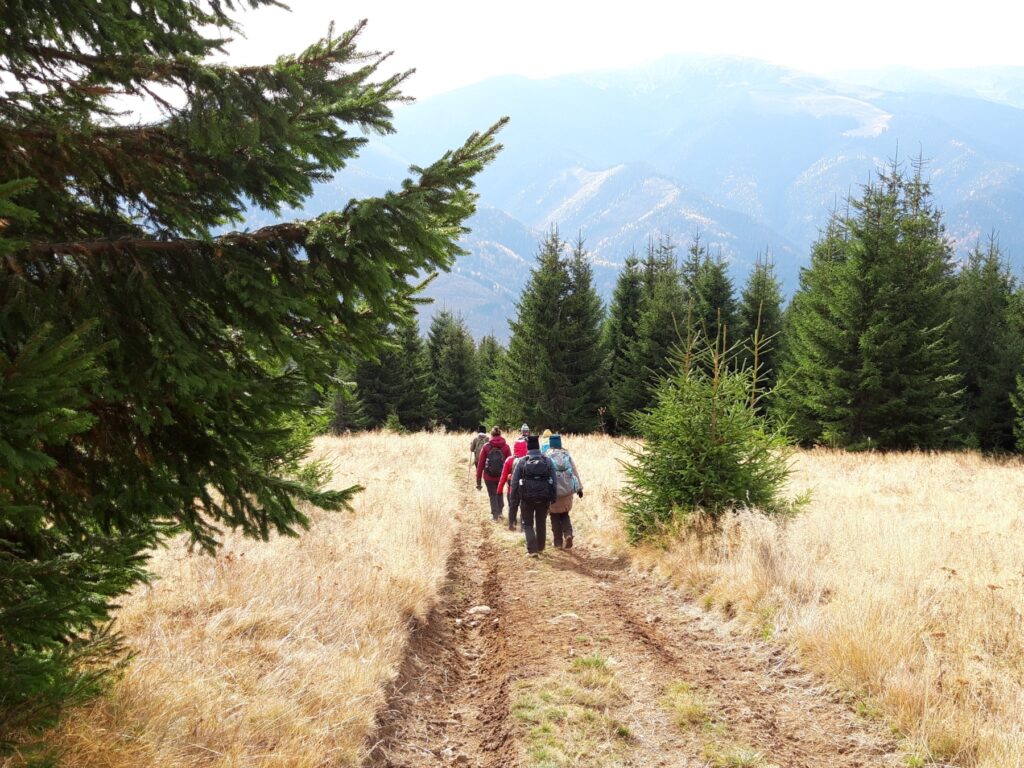It’s no secret that this summer has been a record-breaker when it comes to droughts, wildfires and high temperatures all generated by anthropogenically accelerated climate change. These conditions have had detrimental effects across Europe, and our partners at Foundation Conservation Carpathia are no exception as we discovered from a recent update from their teams on the ground.
Ecological Restoration
Additional efforts had to be made to water the tree nurseries and ensure that saplings didn’t die from a lack of water generated by unusually dry conditions in July and August. Elm seeds are beginning to germinate, however this year’s seeds are not of as high a quality as usual meaning that the FCC team are sadly not hopeful about their longevity. Despite this, their efforts continue so as to create a new generation of forests.

Without the vital support of teams of volunteers, this work would not be possible. Volunteers from FCC”s partner company Zentiva have worked hard weeding more than 16,000 mountain ash saplings which will grow in greenhouses until autumn when they will be planted higher up in the mountains. Mountain ash is another species being grown by the team, as it is important for biodiversity and its round red fruits are a vital source of food for the birds during winter.
Alongside this, work has continued to eradicate those plant species which are invasive and alien to the Fagaras region. Floral surveys and fixed point photographs were taken from 28 sample areas in order to monitor the change in presence of alien plant species after their removal in the Cumpăna, Vâlsanului, Otic, Doamnei, Dâmboviței and Dragoslovenilor Valleys. FCC’s efforts in the Zănoguța, Băsa and Valea Lungă areas were also monitored to assess the progress on restoring degraded habitats.

Wildlife Conservation
FCC’s brown bear census has restarted, with the methods using genetic monitoring being employed across an area of over 120,000 ha. Due to extenuating circumstances, one of the bears which is resident to FCC’s project area had to be killed. It was discovered from DNA analysis that this individual had been responsible for multiple lethal livestock attacks, and as a result of the threat posed to lives and livelihoods the devastating but necessary decision was made.
Community outreach
Each year, FCC run Făgăraș Fest, a three day festival offering an uparalleld experience of the breathtaking mountains. This year the festival saw the public participating in hikes, guided tours, a film evening, photo exhibition, adventure competition and good music enjoyed across the Sibiu county.

The summer in numbers:
- In July and August, FCC purchased an additional 1.2 ha of forests for protection.
- 36 bison are roaming free in the Făgăraș Mountains accompanied by six healthy calves – one from last October and five from this year. (Here is a video made by, Mossy Earth: https://www.youtube.com/watch?v= B3o2tuN4rlQ)
- By the end of August, they had collected 267 out of 900 genetic samples from scat and hair specimens.
FCC’s story so far:
- 26,900 ha of forest are under permanent protection, safeguarded for future generations
- 96,500 ha have been protected for wildlife, with no sport or trophy hunting
- 1,819 ha have been bought and restored (clear-cuts, alpine pastures, spruce monocultures)
- 3,507,432 trees have been planted in clear-cuts, riparian galleries and restoration areas of spruce monocultures
- 200 locals are making a living from the CARPATHIA project
- 2,200 students and teachers are involved in environmental education projects
Dig a little deeper
Science of Rewilding: Iberá National Park – New Scientist
Wet & (Re)Wild in Argentina – World of Topia
Video: TED2020 Talk with Kristine Tompkins – Ted.com